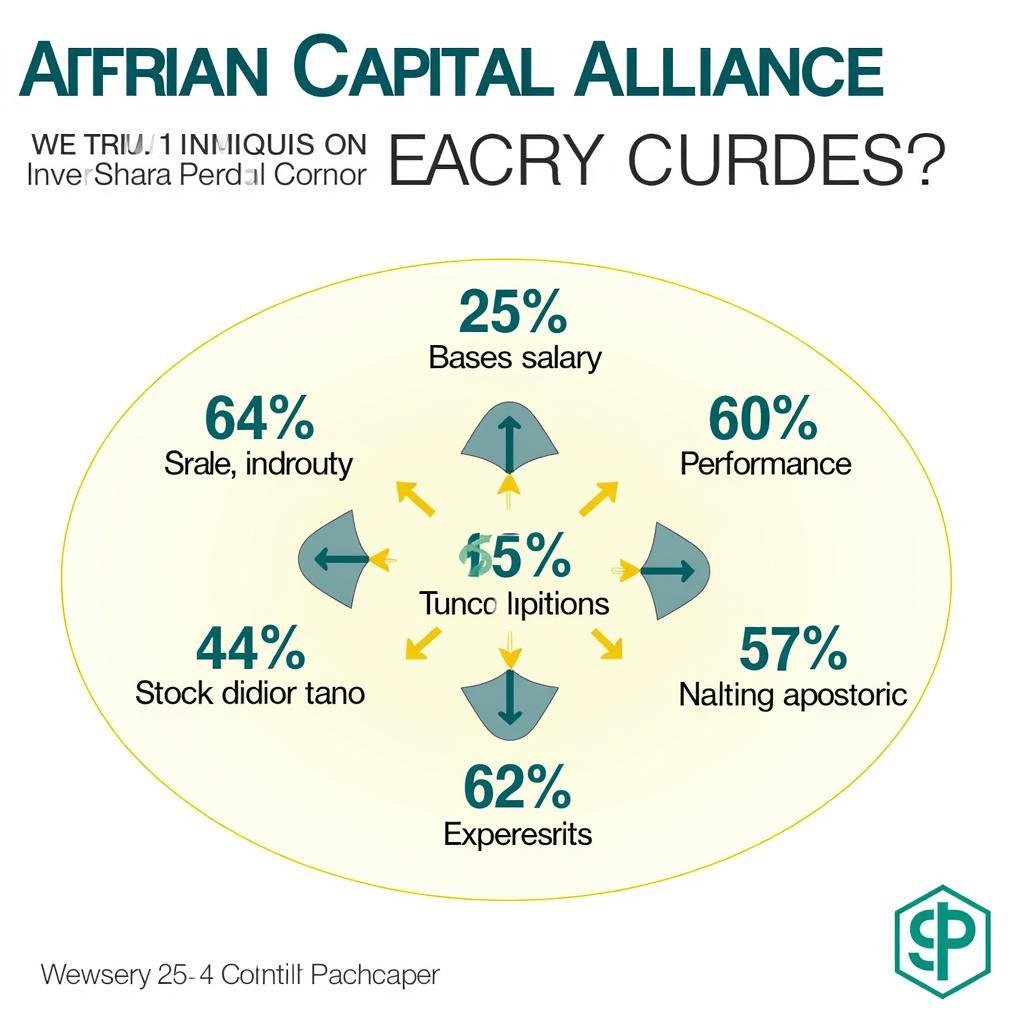Exploring the Diverse World of African Dance Form Names
African dance is a vibrant tapestry woven with diverse rhythms, movements, and cultural significance. Understanding the names of these dance forms is key to appreciating the rich history and traditions they represent. This article delves into the fascinating world of African Dance Form Names, exploring their origins, meanings, and regional variations.
Traditional African dances are often deeply intertwined with the spiritual and social fabric of communities. From celebratory rituals to storytelling traditions, dance plays a vital role in expressing cultural identity and preserving ancestral knowledge. Each dance form name, often derived from local languages, carries within it a story, a connection to the past, and a glimpse into the heart of a particular culture.
Unveiling the Meaning Behind African Dance Form Names
Many African dance form names are descriptive, reflecting the movements, purpose, or accompanying music. For instance, the name of a dance might imitate the sound of the drums or describe the animals whose movements it emulates. Other names may honor deities, ancestors, or historical events. Learning these names provides a deeper understanding of the cultural context and significance of each dance.
The names themselves can be evocative, conjuring images of swirling skirts, rhythmic stomping, and the infectious energy of communal celebration. They offer a window into the diverse languages and cultural expressions found across the continent. Exploring these names is like embarking on a linguistic and cultural journey.
Some dances, like the Adowa in Ghana, are named after the people or region from which they originate. Others, like the Agbadza of the Ewe people, take their names from the specific rhythms and drumming patterns that accompany them. You can learn more about the significance of drums in African music through this article: african drum instruments.
Regional Variations in African Dance Form Names
Just as languages and cultures vary across Africa, so too do the names of dances. A single dance style might have different names in different regions or even within the same community. This diversity reflects the rich tapestry of African cultures and the evolution of dance traditions over time. Understanding these regional variations adds another layer of complexity and fascination to the study of African dance.
For example, a dance with a particular meaning in West Africa may have a different name and significance in East Africa. This highlights the importance of understanding the specific cultural context when learning about African dance form names. It’s a reminder that African dance is not a monolithic entity but a vibrant collection of diverse expressions.
The Power of Language: Afa in African Language and Beyond
Language plays a crucial role in preserving and transmitting cultural knowledge, including the names and meanings of African dances. The term “Afa,” for example, holds different meanings in various African languages. Understanding these linguistic nuances is essential for a deeper appreciation of African culture. Learn more about the meaning of “Afa” in different African languages: afa in african language.
How African Dance Connects Generations
African dance is often passed down through generations, with elders teaching younger members of the community the steps, rhythms, and cultural significance of each dance. This intergenerational transmission of knowledge helps to preserve cultural heritage and strengthen community bonds. It also ensures that the names and stories associated with each dance continue to live on.
Expert Insight: Akindele Olajide, a renowned ethnomusicologist, notes, “The names of African dances are not just labels; they are living testaments to the history, values, and beliefs of the people who created them.”
Conclusion: A Journey Through Movement and Meaning
Exploring African dance form names is a journey into the heart of African culture. By understanding the origins and meanings of these names, we gain a deeper appreciation for the rich diversity and cultural significance of African dance traditions. This knowledge allows us to connect with the past, celebrate the present, and preserve the vibrant legacy of African dance for future generations. Learn more about expressing love in different African languages: african language i love you means.
FAQ
- What are some common African dance form names?
- How do African dance form names reflect cultural values?
- Are there regional variations in African dance form names?
- How are African dance traditions passed down through generations?
- Where can I find more information about African dance?
- How do the names of dances reflect the music they are performed to?
- What is the significance of learning African dance form names?
You might also be interested in this article: african american changing teen lives video with harvey. Also, for a sensitive topic explored from an African perspective, see: african pennis.
When you need assistance, please contact us by phone at +255768904061, email us at [email protected], or visit us at Mbarali DC Mawindi, Kangaga, Tanzania. We have a 24/7 customer service team.

